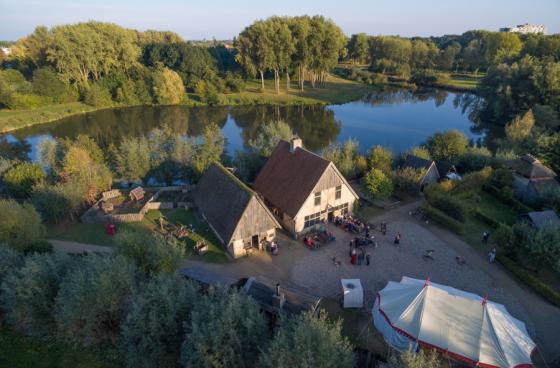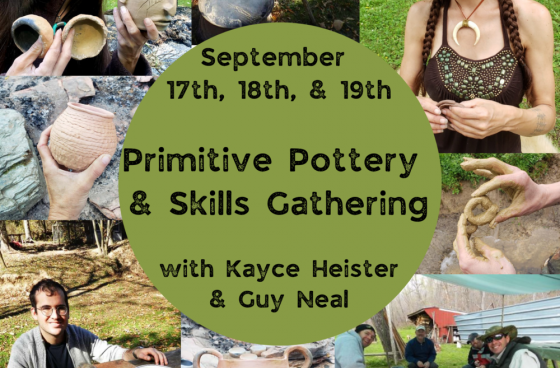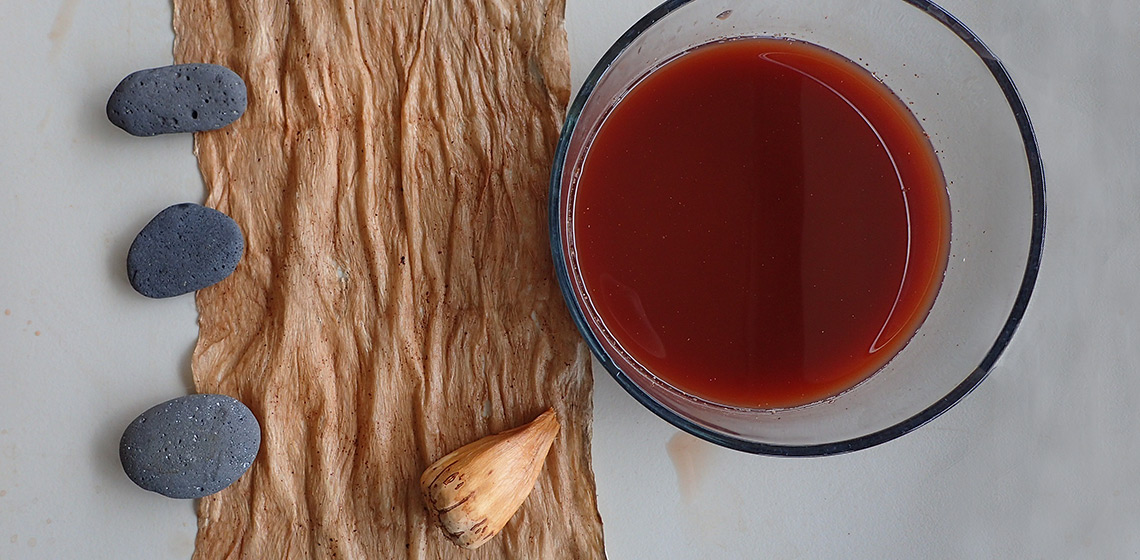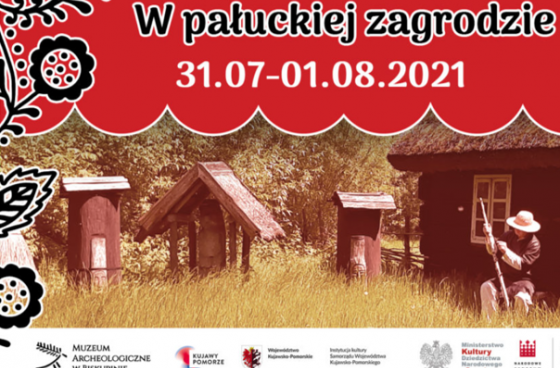The program in archaeology emphasizes research and training in the prehistory of the Americas including Alaska, the Pacific Northwest from British Columbia to northern California, the Columbia Plateau, the Great Basin, the Pueblo societies of the Southwest, Mesoamerica, and the Andes.
Faculty research employs ceramic analysis, lithic analysis, paleoeconomic and paleoenvironmental approaches including geoarchaeology, zooarchaeology, micro- and macrobotanical analysis, as well as well as stable isotope analysis, archaeometry via gas chromatography-mass spectrometry, and modelling and simulation. Students gain practical experience in methods through a group of laboratory training courses unique to WSU and are exposed to explanatory perspectives derived from evolutionary theory, agency and practice theory, and the study of complex adaptive systems.









